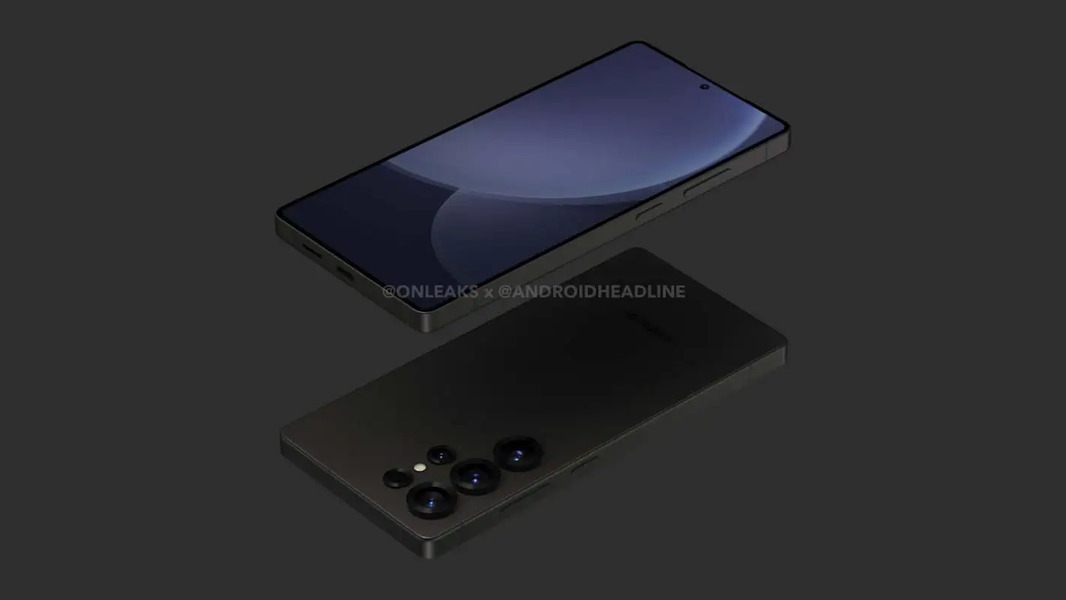

News Weekly is our column where we highlight and summarize some of the week's top stories so you can catch up on the latest tech news.
This is Android Central's News Weekly, your go-to source for a concise roundup of the week's most significant tech stories. This is where we delve into the top headlines that provide the latest developments and innovations contributing to the digital landscape.
This week, we got what could be our first look at the designs of the Galaxy S25 series, Huawei took a step beyond the competition by launching the first tri-fold phone, Google makes Gemini Live free for all, OpenAI is taking a step back by giving its AI time to "think," and Google is seemingly making it harder to sideload apps on Android.
The Galaxy S25 Ultra looks very flat
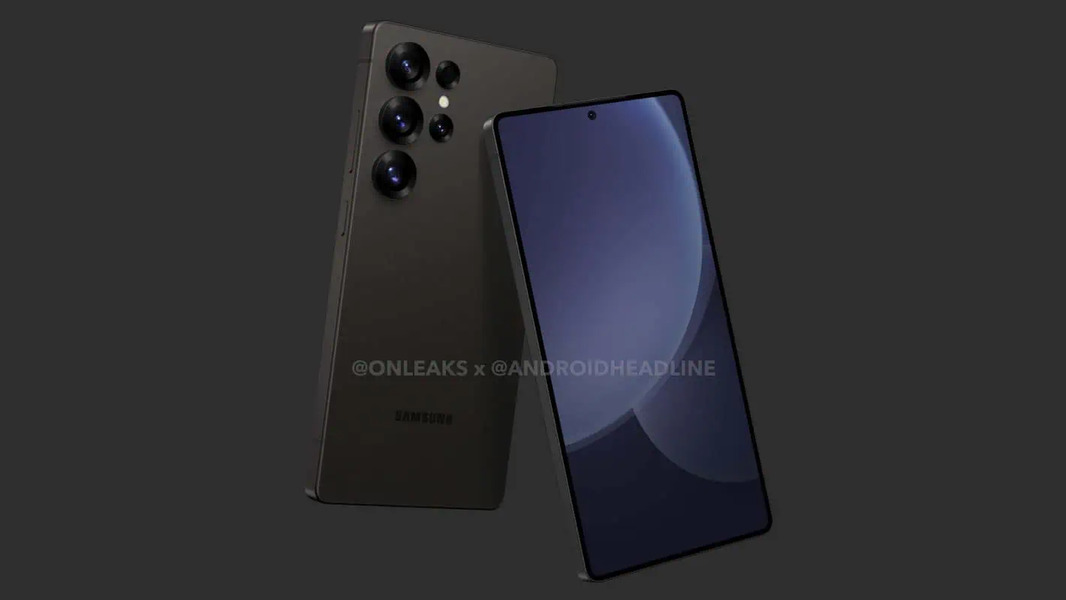
Read more here.
There are probably several months before the Galaxy S25 series launches in early 2025, and we're finally getting a glimpse of what the phones may look like. The Galaxy S25 Ultra was the first to break cover, and it will seemingly receive the most visual changes compared to its predecessor.
According to the leaked images posted by OnLeaks, the phone will sport a flat design, which will more closely resemble the lower-end Galaxy S24 phones. This is a stark departure from the previous Ultra phones, which have sported curved displays for a number of years, although they have been steadily flattening out. According to the renders, the display, frame, and back panel appear to be more or less completely flat, although the corners are a bit more rounded.
No S Pen was included in the renders, but we still expect it on the phone.
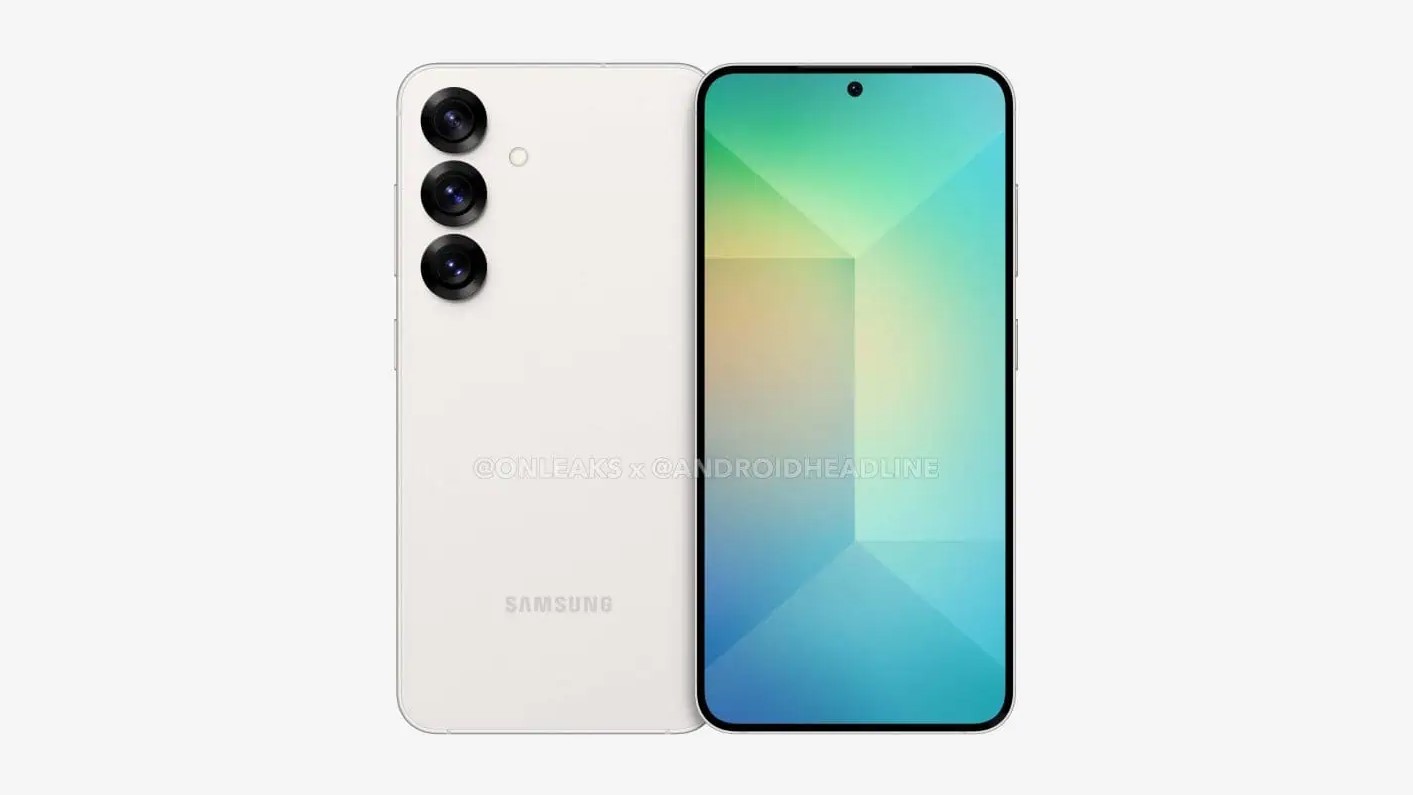
Additionally, we got a leaked render of the base Galaxy S25, which looks pretty identical to its predecessor, complete with a flat back, flat frame, and flatter displays. It may be slightly smaller and thinner, with a 6.2-inch display, and the cameras may also adopt the same design as the Galaxy Z Fold 6.
These phones are expected to launch in January 2025.
The Huawei Mate XT is the ultimate foldable design

Read more here.
While companies like TECNO have shown off tri-fold phones before, they've been nothing more than enticing concepts—until now. Huawei is the first company to launch a commercially available tri-fold phone with the Mate XT.
The phone starts with a reasonable 6.4-inch display when completely folded, and the phone is only 12.8mm in this form, just a hair thicker than the Galaxy Z Fold 6 when folded. You can unfold the Mate XT once to unveil a larger 7.9-inch panel and then again if you want the full 10.2-inch tablet-like experience.
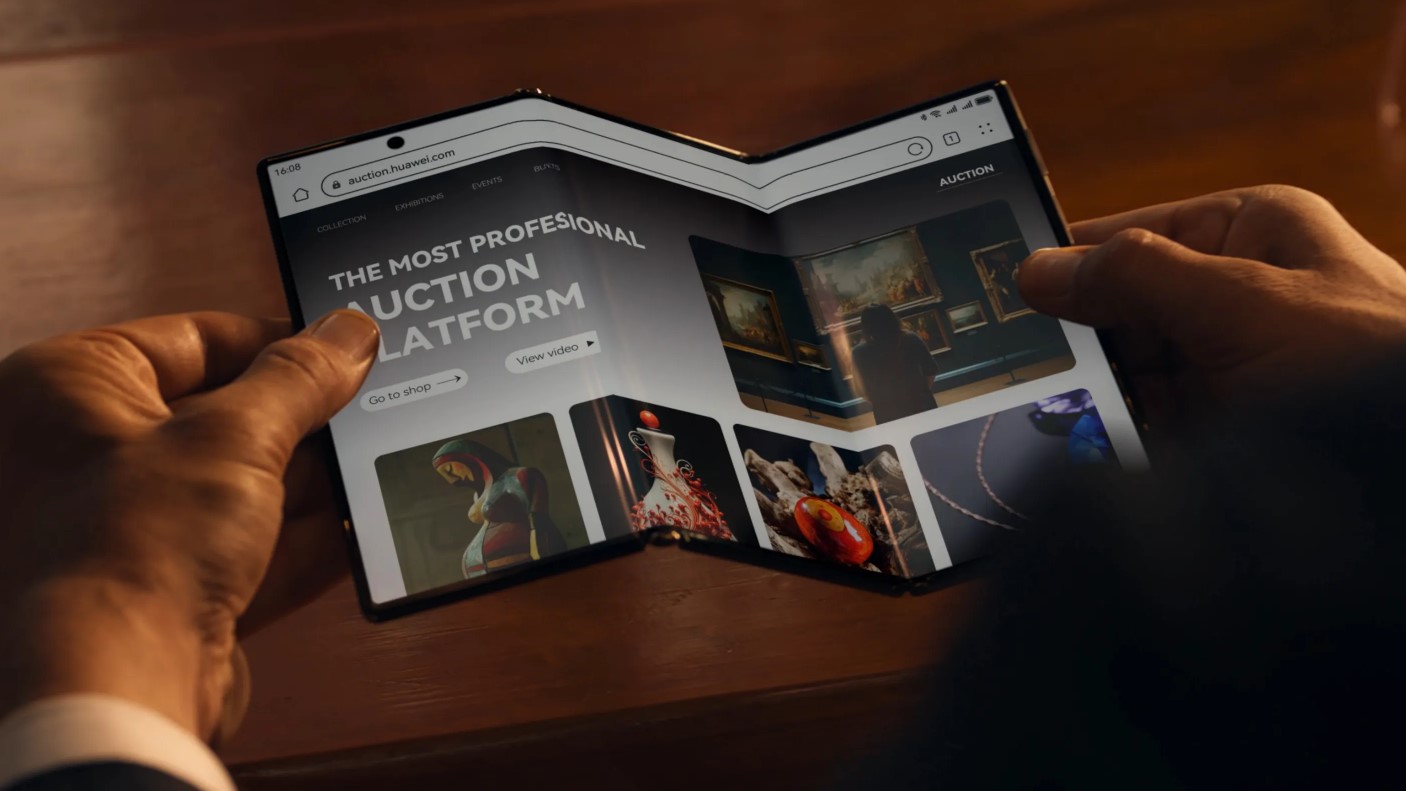
While the company hasn't revealed the chipset, it's reportedly powered by a Kirin 9010 (7nm), aided by 16GB of RAM and up to 1TB of storage. On the back is a 50MP triple camera setup, with a single selfie camera on the display. There is also a 5600mAh battery with 66W wired charging and 50W wireless charging.
The phone costs somewhere in the ballpark of $2,800, but it is only available for purchase in China.
Gemini Live lives rent-free on your phone
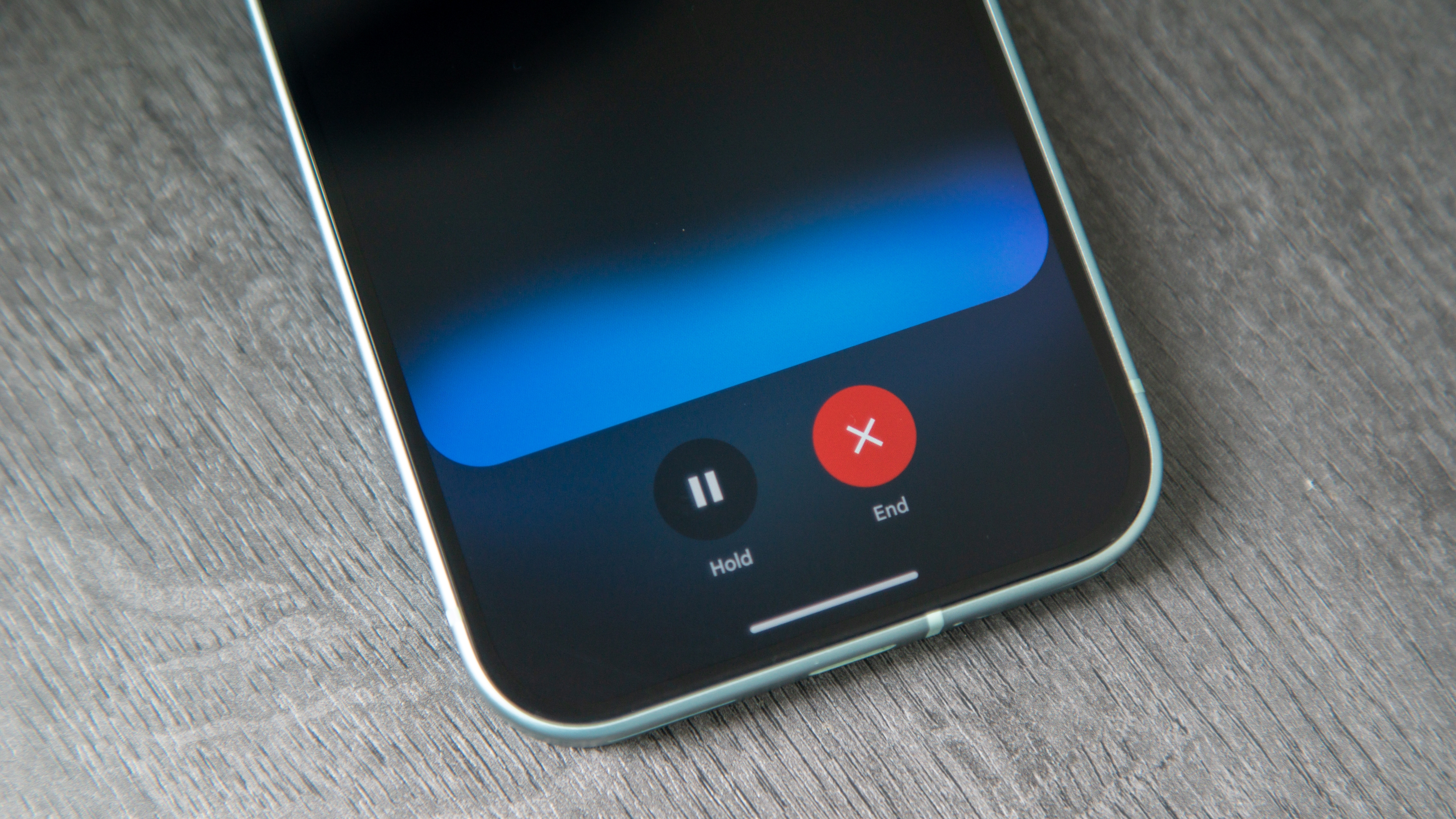
Read more here.
When the Pixel 9 launched, Gemini Live was one of the defining new features, which is a version of Gemini that's meant to have more natural-sounding conversations. At launch, this feature was only available to Google One subscribers with Gemini Advanced.
As of Thursday, September 12, Google is unshackling Gemini Live (English) from the subscription, making it available for Android users with the Gemini app.
We're starting to roll out Gemini Live in English to more people using the Android app, free of charge. Go Live to talk things out with Gemini, explore a new topic, or brainstorm ideas. Keep an eye out for Gemini Live in the Gemini app 👀 pic.twitter.com/0VL0c7E6GwSeptember 12, 2024
In our testing, Gemini Live has proven fairly impressive for getting inspiration and bouncing off ideas, although the chatbot isn't perfect (AI is just that; the intelligence is artificial). Android Central senior editor Nick Sutrich had Gemini Live make him a grocery list for a week to test out how it could handle such queries. You can read about his experience here, but we also suggest you give Gemini Live a try on your phone.
OpenAI gives its AI more time to "think"
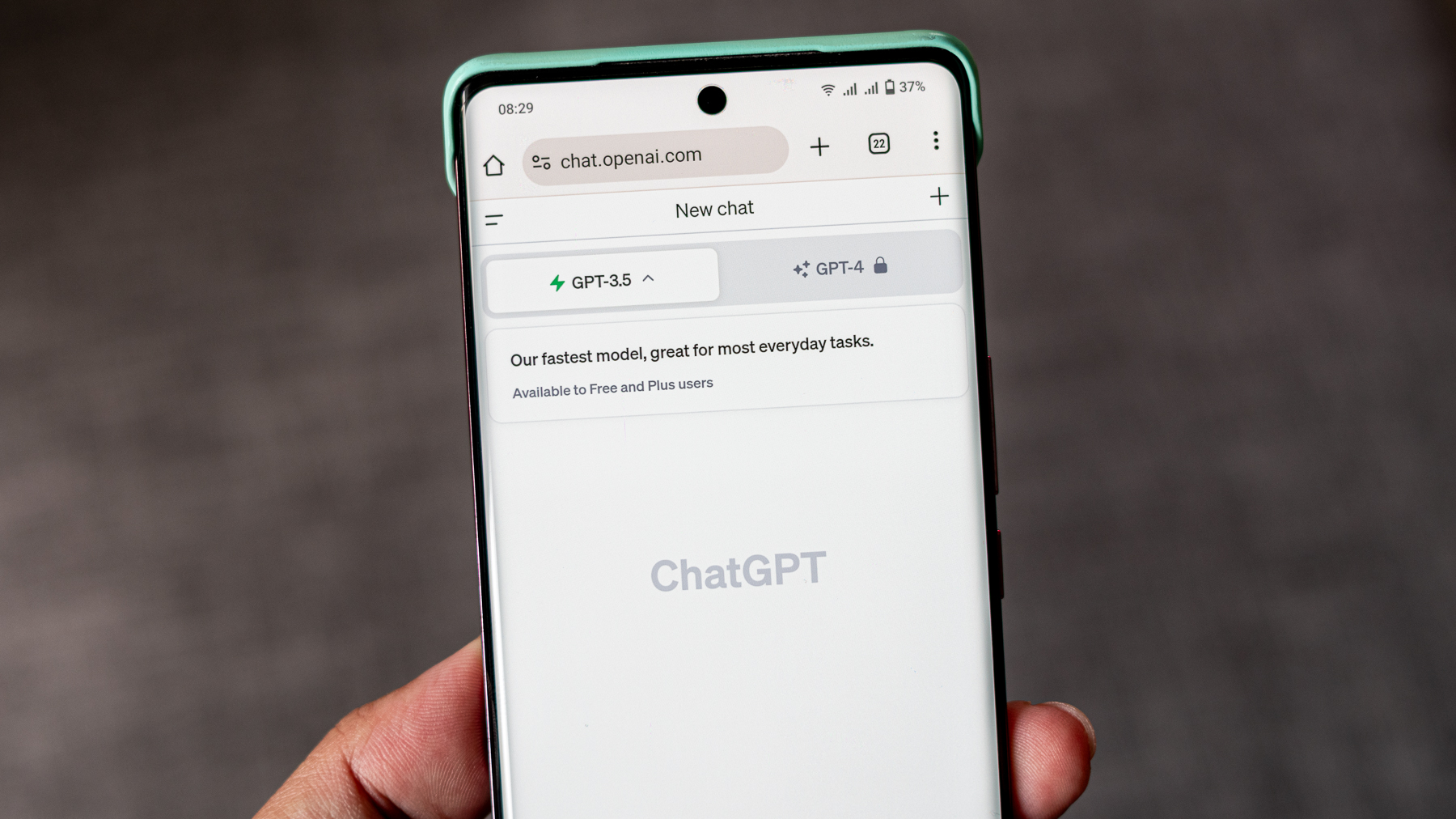
Read more here.
In a time when information is expected to be presented immediately, OpenAI is moving in the opposite direction with its new AI models.
OpenAI o1 is currently in preview, but it's designed to handle complex tasks in subjects like science, coding, and math. What makes it unique is that OpenAI o1 is designed to spend more time "thinking" and working out a problem before it churns out an answer. This has actually shown to make it more accurate, with the model managing to get 83% of the International Mathematics Olympiad exam questions correct, a huge leap from 13% with the ChatGPT-4 model.
To learn more about how the AI model thinks, you can check out OpenAI's article, which explains the chain of thought and other technical aspects of the technology.
Google really wants you to download Play Store apps
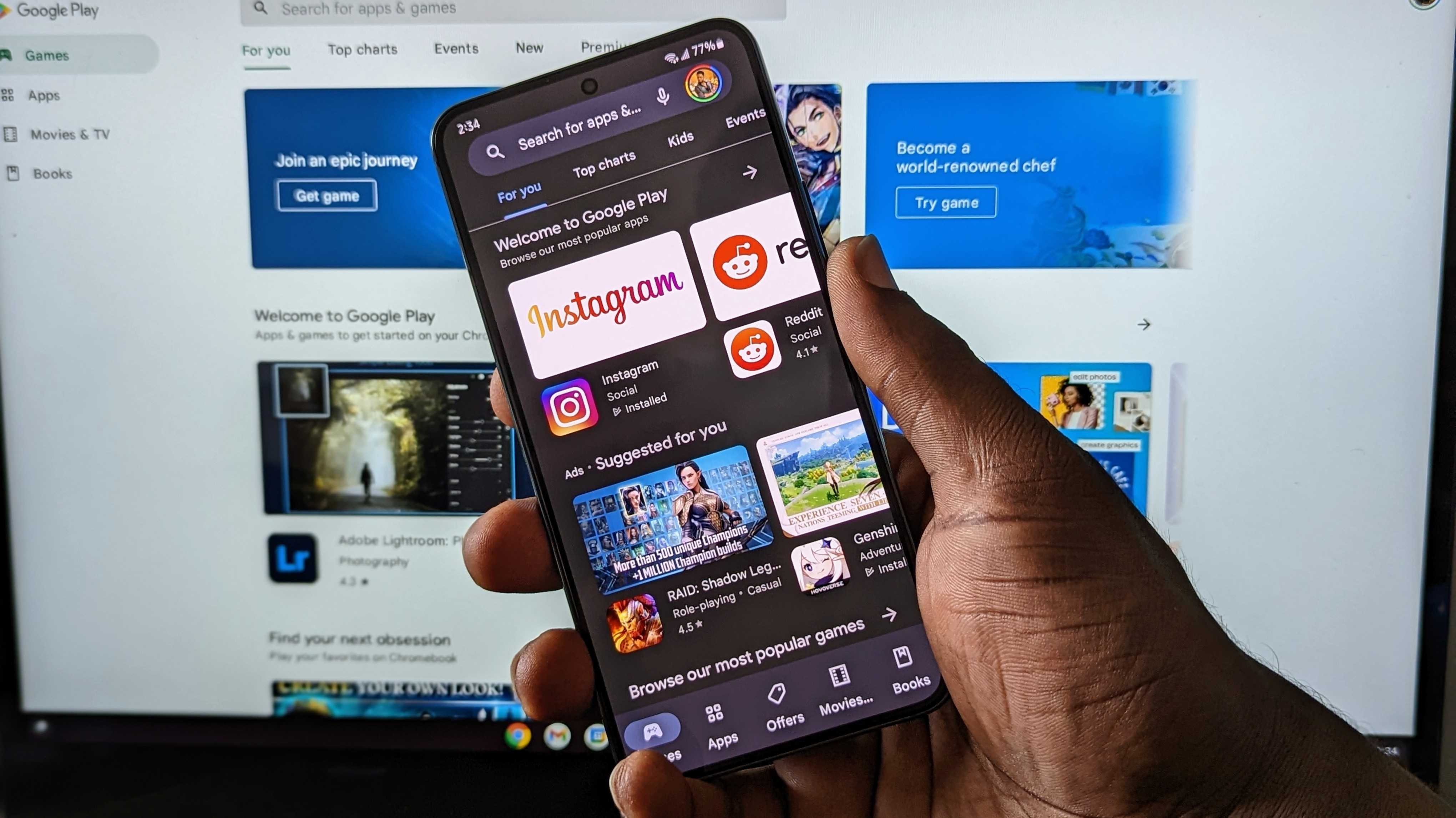
Read more here.
One of the benefits of Android is the ability to easily sideload apps without downloading them from the Play Store. However, it seems Google is tightening things up with its new Google Play Integrity API, which highly encourages Play Store downloads when attempting to sideload apps.
According to Android Authority, this is done by performing a series of checks to determine the environment the app was downloaded in, and developers can more or less force users to the Play Store version of the app if it's determined that the app was sideloaded. Going through with this means the unrecognized version of the app will be replaces by the official Play Store version.
Unfortunately, it seems apps that implement this make it difficult to bypass, essentially forcing the official Play Store version of the app.
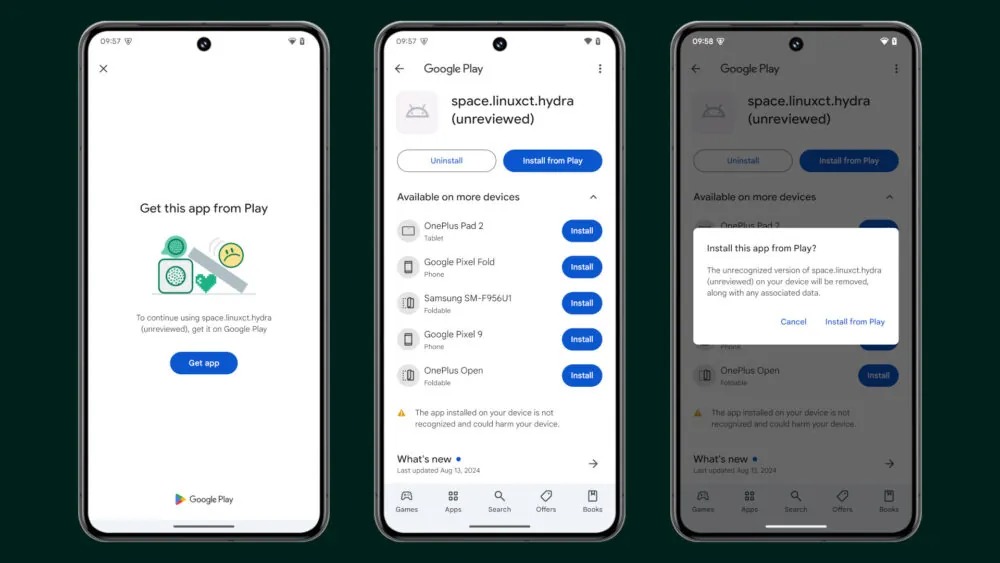
Sideloading, of course, is a less secure way of installing apps than downloading them from the Play Store. That's because the Play Store has ways of checking apps to ensure they're safe to download, and bypassing this could result in downloading unsafe software that could compromise your device.
A number of popular apps are already using this API, and it seems we may likely see it adopted by more.
Those are some of the biggest stories from this week. Meanwhile, here are some other stories that are worth catching up on:
- Samsung wants you to move to Google Messages, and it's for the best
- HMD is making the phone that Samsung should make
- It seems we're still waiting for One UI 7 following this dreary update
- The OnePlus 13 is making its debut way sooner than expected
- With the Pixel Stand 2 no longer available from the Google Store, is it time for a redesigned Pixel Stand 3?
- Oppo's next flagship phone makes a surprise appearance before its official debut
- The Galaxy S24 FE could see a price bump that no one’s asking for
- OnePlus 13 hits early benchmark with Snapdragon 8 Gen 4 showcasing promising scores
- Android 15 QPR1 Beta 2 update hauls in several fixes for Pixel Bluetooth and more
- Google loses major appeal in EU, solidifying its $2.8 billion antitrust fine







